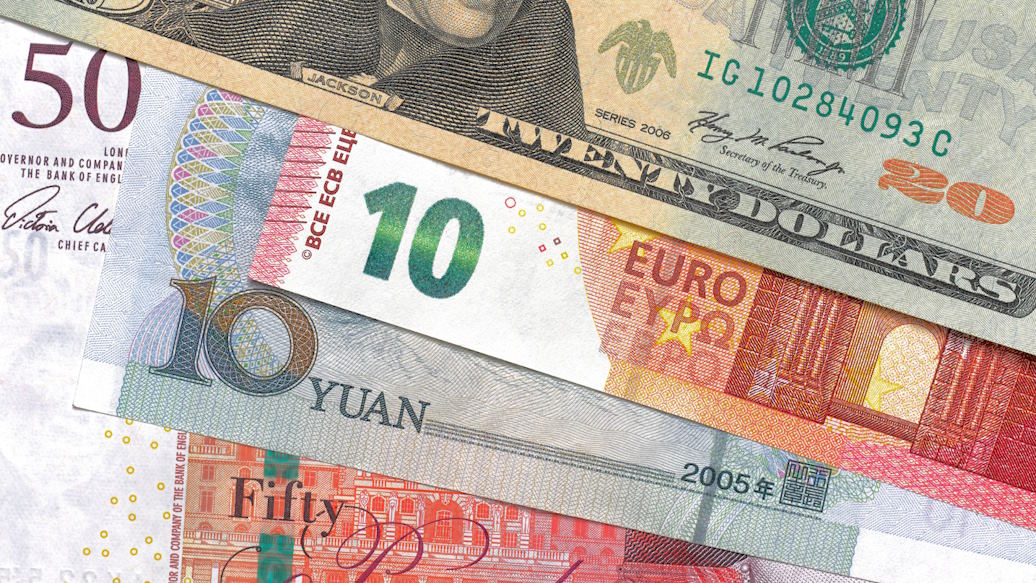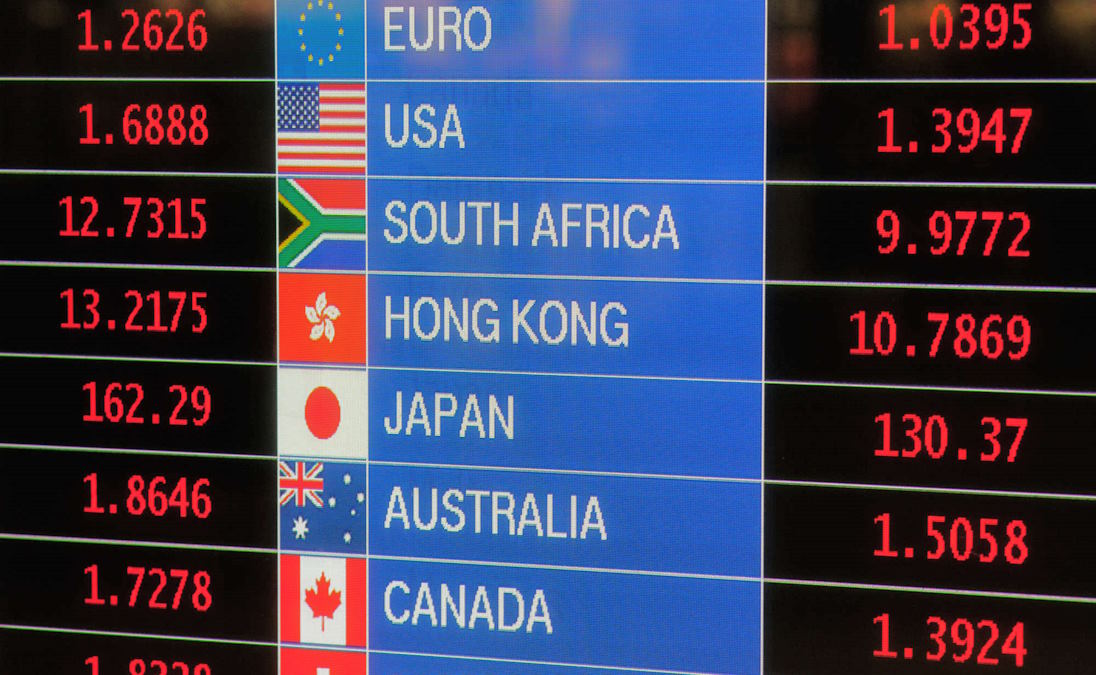In the interconnected world of international trade, currency exchange rates play a pivotal role in shaping the dynamics of import-export transactions. These rates, which determine the value of one currency in relation to another, hold immense significance for businesses and economies alike. As companies engage in cross-border trade, fluctuations in exchange rates can have far-reaching consequences, influencing the cost of imports, the revenue from exports, and ultimately affecting the balance of payments.
Currency Exchange Rates and International Trade
Overview of Import-Export Transactions:
Import-export transactions form the backbone of global trade, facilitating the movement of goods and services across borders. Businesses engage in imports when they purchase goods and services from foreign countries, while exports involve selling domestic products and services to international markets. These transactions foster economic growth, encourage specialization, and enable nations to access resources and products not readily available within their own borders.
Role of Currency Exchange Rates in International Trade:
Currency exchange rates act as the crucial link between countries engaged in import-export activities. They represent the relative value of one currency compared to another and are subject to constant fluctuations influenced by a myriad of economic and geopolitical factors. Exchange rates play a pivotal role in determining the competitiveness of a nation’s goods and services in the international market. A stronger domestic currency may make exports more expensive for foreign buyers, while a weaker currency can make imports costlier for domestic consumers.
Impact of Exchange Rate Fluctuations on Importers and Exporters:
- Effect on the Cost of Imported Goods and Services:
Exchange rate fluctuations directly impact the cost of imported goods and services. A depreciation of the domestic currency can lead to an increase in import costs, potentially affecting a nation’s inflation rate and eroding consumers’ purchasing power. Importers may find it more expensive to procure foreign goods, leading to higher retail prices for imported products.
- Effect on the Revenue from Exported Goods and Services:
Conversely, exchange rate fluctuations can influence the revenue earned from exported goods and services. A weaker domestic currency can make exports more competitive in foreign markets, as they become relatively cheaper for international buyers. This can boost export volumes and revenue for exporters, potentially stimulating economic growth and job creation in export-oriented industries.

Exchange Rate Risk Management
Understanding Exchange Rate Risk:
Exchange rate risk refers to the potential financial losses that import-export businesses may face due to fluctuations in currency exchange rates. As exchange rates constantly fluctuate, the value of international transactions can change significantly, leading to unpredictable outcomes for businesses engaged in cross-border trade.
Importance of Managing Exchange Rate Risk in Import-Export Businesses:
Managing exchange rate risk is of paramount importance for import-export businesses to safeguard their profit margins and financial stability. Unplanned currency fluctuations can erode profits, increase costs, and impact the overall competitiveness of a company in the global market. Proactive risk management ensures that businesses can remain resilient, even in the face of adverse exchange rate movements.
Hedging Strategies for Importers and Exporters:
- Forward Contracts:
Forward contracts are an essential tool for managing exchange rate risk. They involve an agreement between two parties to buy or sell a specific amount of currency at a predetermined exchange rate on a future date. By using forward contracts, businesses can lock in a favorable exchange rate and protect themselves from potential losses.
- Currency Options:
Currency options grant businesses the right, but not the obligation, to buy or sell a foreign currency at a pre-agreed rate on or before a specific date. This gives them the flexibility to capitalize on favorable exchange rate movements while limiting potential losses should the rates move unfavorably.
- Currency Swaps:
Currency swaps involve the exchange of principal and interest payments in one currency for another. Import-export businesses can use currency swaps to mitigate exchange rate risk by obtaining more stable and predictable cash flows in their preferred currency.

Government Interventions in Exchange Rates
Reasons for Governments to Intervene in Exchange Rates:
Governments may intervene in exchange rates to achieve various economic and policy objectives. One primary reason is to stabilize their national currency and prevent excessive volatility that could disrupt trade and financial markets. Additionally, interventions are often used to maintain the competitiveness of domestic industries by influencing the value of the currency, making exports more attractive to foreign buyers. Governments may also intervene to address trade imbalances and protect their balance of payments by influencing the demand for their currency.
Types of Government Interventions:
- Foreign Exchange Market Interventions:
In foreign exchange market interventions, central banks or government agencies actively buy or sell their own currency in the foreign exchange market. By doing so, they influence the supply and demand dynamics, thus affecting the exchange rate. When a government wants to strengthen its currency, it may sell foreign currencies in exchange for its own, increasing the demand for its currency and raising its value.
- Capital Controls:
Capital controls are measures implemented by governments to regulate the flow of capital in and out of their country. These controls can include restrictions on foreign investment, limits on currency conversions, or requirements for approval on certain financial transactions. Capital controls can help prevent abrupt currency fluctuations caused by speculative capital movements and stabilize the exchange rate.

